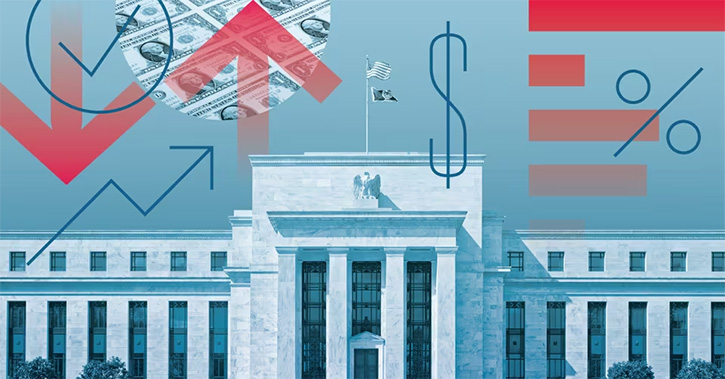Multiple factors contributed to market anxiety and risk aversion in the first quarter of 2011, most notably tensions in the Middle East and North Africa, of which Libya’s military conflict is the latest and possibly gravest development, as well as Japan being hit by a devastating earthquake. As investors sought safe heavens, gold appreciated to new highs.
That said, goldbugs around the globe were showing fresh signs of fever even before the latest geopolitical tensions emerged. Nearly a year ago, Abu Dhabi's opulent Emirate Palace hotel unveiled Gold to Go, an ATM that dispenses gold instead of cash. The machine, covered in 24-carat gold, spits out gold coins as well as bars weighing up to 10 grams. Typical of a $3 billion hotel in the oil-rich Middle East, right? However, the German-made machines have also found homes in Spain, Italy, Germany and even the recession-hobbled US.
And in California where the precious metal once made some prospectors crazy rich and others just plain crazy, a modern-day gold rush has been quietly brewing. Companies have been reopening mines along the state's 190-kilometre strip known as the Mother Lode, home of the 1848 gold rush. The latter-day miners aim to find whatever their forefathers left behind and sell it at record prices to recession-weary Americans in search of safe havens.
What's Driving the Price This Time?
On Thursday last week, gold futures traded at a new intraday high of $1,447 per ounce before scaling back to a closing price of $1,439, a record they had reached the day before. The latest increases bring bullion's price rise to 9% since the geopolitical tensions flared nearly two months ago in Egypt and elsewhere in North Africa, most recently in Libya.
Other factors are also in play. Concerns over higher labour costs and other rising prices highlight gold's appeal as a hedge against inflation. The Federal Reserve's quantitative easing and its dampening effect on the US dollar has also sent investors fleeing to safe-haven investments such as gold. "I still think the US dollar has a lot to do with it," Morningstar senior equities analyst Mat Hodge says. "If you're wealthy and you hold a lot of US-dollar assets, there are a lot of reasons for you to hold gold," Hodge says. "If you're an American watching your wealth on a global scale become deflated by the weak US dollar, gold would look pretty good."
Isn't Gold Getting Too Expensive?
It depends who you ask. George Boubouras, head of investment strategy at UBS Wealth Management, says the average investor needs some gold in their portfolio. "Why do I have exposure to gold? When gold is reaching record highs, why am I buying it? The reason you're buying it is because you're nervous about inflation or deflation or there's a spike in volatility, say, North Africa, and it may get worse," he says. "So even though gold looks high in nominal terms, when you look at gold in real terms, which is how you should look at it, it's still below previous peaks." In real terms, using current prices, gold peaked in 1979-81 during the Iran-Iraq war, at about $1,850 an ounce. This implies there remains some room for bullion to run higher. However, AMP Capital Investors' chief economist Shane Oliver says gold is unlikely to remain centre stage in commodities markets for long. He believes an economic recovery will revive sentiment and highlight other, more serviceable metals. "Later this year, I think we'll see more emphasis on industrial commodities - commodities that stand to benefit from economic recovery such as oil and base metals," Oliver says. He says gold's latest run, like most bull markets, was based in down-to-earth fundamentals, but the price levels are too heady. "If I were to look at things that are potentially forming bubbles, gold would be high on the list," Oliver says.
Should I Hold Gold or Not?
Boubouras says UBS sees gold as a hedge against inflation, deflation and volatility. Therefore, it should be in an investment portfolio in some shape or form. "In your equity portfolio, you should have stock-specific exposure," he says. He adds that exchange-traded funds play a solid asset-allocation role in a portfolio, although some investors simply like investing in physical gold - despite the storage costs and the opportunity cost of forgone dividends. "The key to highlight is that you need to have exposure to gold for those hedging reasons. It's important - and it does work." How much gold should you hold? It depends. He says investors must weigh their risk appetite, assess their ideal growth and income investment mix, and target their expected returns. "There are so many factors, but in the main, the average retail investor should have exposure to gold for the reasons I've outlined."
A version of this article first appeared on Morningstar.com.au. Victoria Tait is online stocks editor for Morningstar.com.au, a sister site of Morningstar.co.uk.























